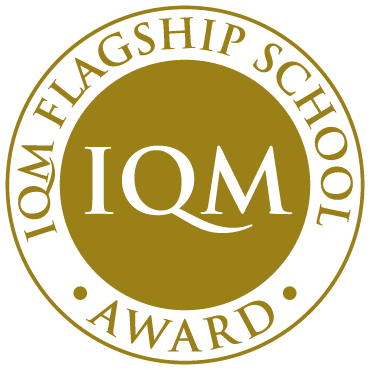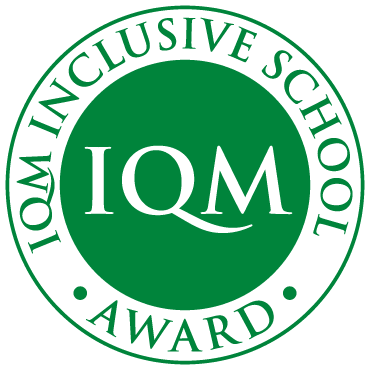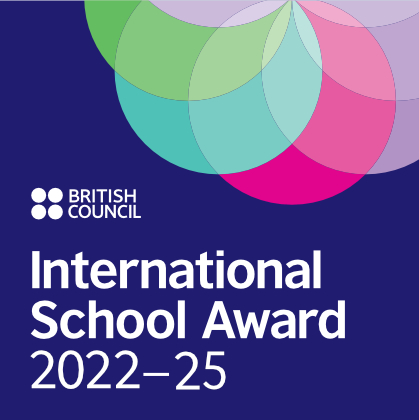Science
At Yeading Infants we have embedded Science Curriculum
Statutory Requirements
During years 1 and 2, pupils will be taught to use the following practical scientific methods, processes and skills through the teaching of the programme of study content:
- Asking simple questions and recognising that they can be answered in different ways
- Observing closely, using simple equipment
- Performing simple tests
- Identifying and classifying
- Using their observations and ideas to suggest answers to questions
- Gathering and recording data to help in answering questions
The topics covered are:
PLANTS
Pupils should be taught to:
- Identify and name a variety of common wild and garden plants, including deciduous and evergreen trees
- Identify and describe the basic structure of a variety of common flowering plants, including trees
ANIMALS, INCLUDING HUMANS
- Identify and name a variety of common animals including fish, amphibians, reptiles, birds and mammals
- Identify and name a variety of common animals that are carnivores, herbivores and omnivores
- Describe and compare the structure of a variety of common animals (fish, amphibians, reptiles, birds and mammals, including pets)
- Identify, name, draw and label the basic parts of the human body and say which part of the body is associated with each sense
- The Geckos
- The Panther Chameleon
- The Water Dragon
EVERYDAY MATERIALS
- Distinguish between an object and the material from which it is made
- Identify and name a variety of everyday materials, including wood, plastic, glass, metal, water, and rock
- Describe the simple physical properties of a variety of everyday materials
- Compare and group together a variety of everyday materials on the basis of their simple physical properties
SEASONAL CHANGES
- Observe changes across the four seasons
- Observe and describe weather associated with the seasons and how day length varies














